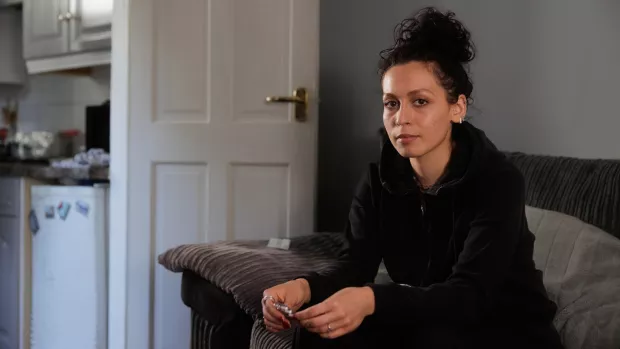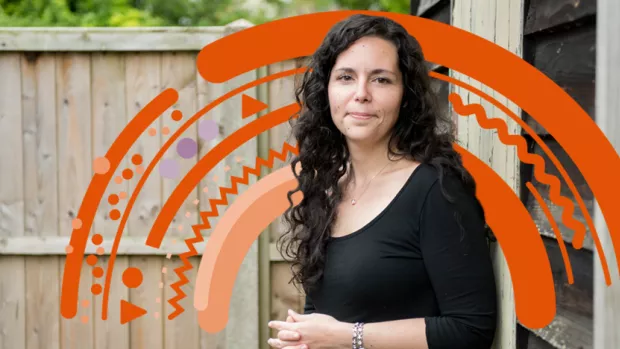
What I want the government to know about my PIP assessment
My name is Elisha and I have MS. I thought my Personal Independence Payment (PIP) assessment was OK - until I received the paperwork.
I don’t believe they understood what MS was.
I was asked to walk, move my fingers and so on. They said in the assessment that I was OK, I didn’t look like I needed Personal Independence Payment (PIP). I communicated well, I walked, I gave good eye contact. I was able at the time to do things by myself. So, I was deemed OK.
I attended the assessment on a good day. The PIP assessors are not there on a bad day when I can’t get out of bed. Or when I’m trying to walk down the street and I can’t walk that far. I have to get taxis, I have to rely on friends. The PIP assessor is not there on that day when I’m struggling to talk. Or am struck down by headaches, or am having spasms in my hand. In the assessment, they got a small glimpse of me on a good day.
You can’t judge a person’s MS by looking at them
I don’t believe the assessment is a true reflection of how MS affects me. Even if you’ve got a walking stick or a wheelchair, you could be down one day and the next day you’re up. So how can they assess me? Unless they’re following me for a week, living with me, watching my eating needs, my washing needs, my communication needs. The brain fog. They are not there on a day to day basis to see how it affects me.
Things like memory - in situations like the assessment I'm forced to remember my diagnosis, what medications I'm on. But I can’t remember my neighbour’s name. I can’t remember what I did yesterday or the day before. These are the things that affect me on a daily basis. I don’t understand why people have to fight so hard for others to recognise their illness. It’s an invisible disability. To look at me you would never know. But spend a week with me and you will see it every single day.
Why do we have to fight so hard to be recognised?
Overall I think the assessment can be degrading - I was asked to walk more than 20 metres and they tested the muscles in my hands. I have letters from neurologists, MS nurses, doctors. I have MRI scans where you can clearly see there is an issue. Why do we have to fight so hard for PIP assessors to recognise this is an issue? I’ve gone into a PIP assessment and been asked ‘how are you?’ I’m naturally going to say ‘I’m OK.’ But in reality I’m not OK.
The assessors don’t see your daily struggles
I was told in the paperwork that I am educated, I’ve managed to get a degree. They didn’t see the struggle for me to get that degree, they didn’t see all the failures I had to go through, all the assistance I needed. They don’t know how much it broke me, and all the relapses I had in between trying to get that degree.
The assessors don’t see these things, the day to day struggles. You shouldn’t be assessed in that little moment where somebody doesn’t know you. They have known you for 5 to 10 minutes, and they are already making judgements.
It’s really not fair for those who have invisible illnesses. Take the word of the doctor, take the word of the neurologist, and take the word of my legal documents.
That’s all that should be necessary.
The Government must fix PIP
We're calling on the UK Government to launch a full review to fix PIP now.
Get support
If you're having a PIP assessment, you may find it helpful to get advice beforehand.
Our MS Benefits Advice Service offers free advice to people affected by MS in England, Wales, Northern Ireland and Scotland.
You can get in touch with the service through our MS Helpline on 0808 800 8000 or email [email protected].
You can also read our booklet on claiming PIP, which includes information on preparing for an assessment.




